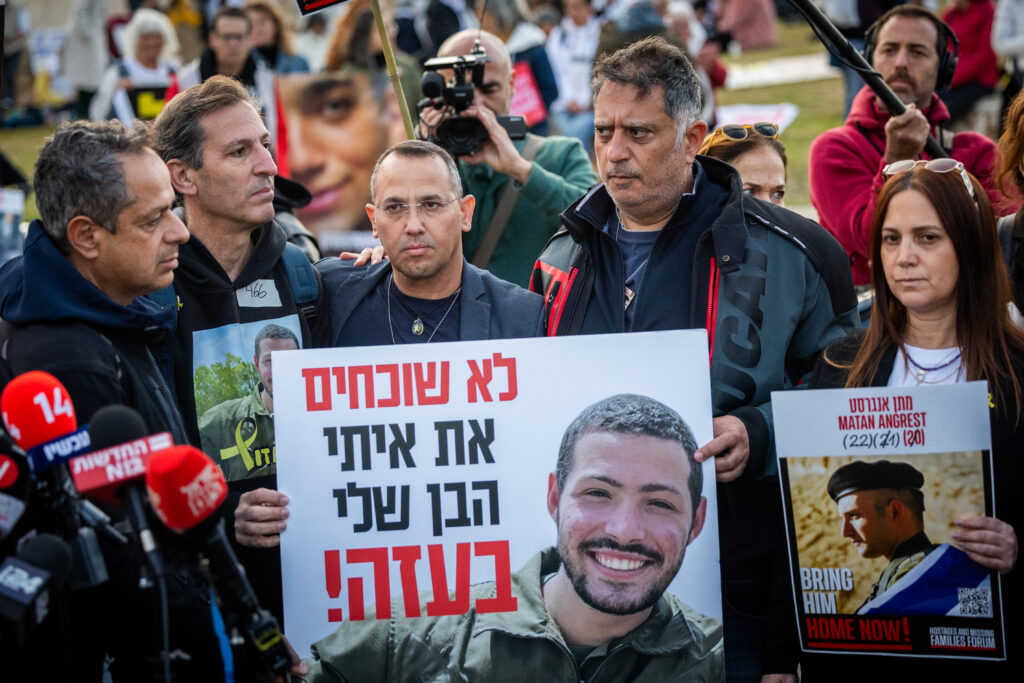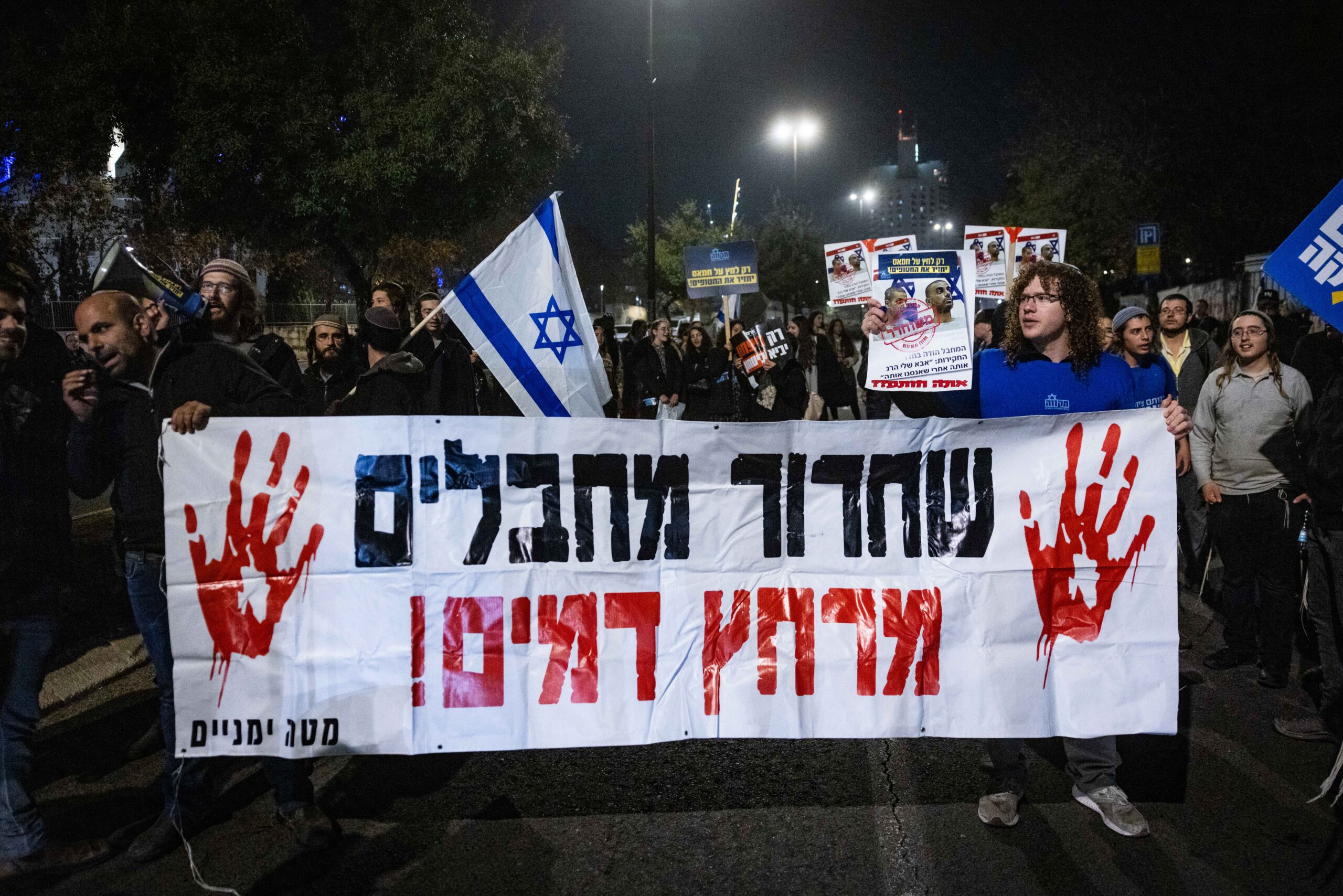Mixed Reactions from Israeli Hostage Families to Ceasefire Agreement
As news of a ceasefire agreement between Israel and Hamas breaks, reactions among the families of the hostages are deeply divided. The Tikva Forum of Hostages’ Families has voiced stern opposition to the deal, describing it as perilous and inadequately protective of all hostages. They criticize the government’s negotiation tactics, fearing that prioritizing some hostages over others could lead to further acts of violence and kidnappings.

On the other hand, the Hostages and Missing Families Forum has expressed elation and relief at the news, praising the agreement as a significant advancement towards bringing their family members home. They remain cautiously optimistic but are concerned about the full realization of the agreement and the safe return of all hostages.
Netanyahu Reports Non-Fulfillment of Ceasefire Terms by Hamas
The office of Israeli Prime Minister Benjamin Netanyahu has stated that Hamas has failed to adhere to several key aspects of the recently announced ceasefire agreement. This non-compliance has prompted the Israeli Cabinet to pause any further meetings until Hamas fully accepts the agreement as mediated.

This development strains the political landscape as Netanyahu’s coalition faces potential shifts, with significant figures like Finance Minister Bezalel Smotrich signaling a possible exit from the government over disagreements regarding the deal. The ceasefire’s first phase, promising the release of a fraction of hostages, hangs in balance as political and strategic negotiations continue to evolve.
Biden Extends Emergency Declaration in Judea and Samaria
President Joe Biden has announced the extension of the national emergency in the Judea and Samaria due to escalating extremist violence, which he describes as posing a severe threat to the region’s peace and stability. The extended emergency is aimed at addressing what the U.S. perceives as an extraordinary threat to its national security and foreign policy interests, particularly concerning the two-state solution and regional stability.

This move has sparked debate, with critics arguing that the U.S. is overstepping by sanctioning individuals who they claim pose minimal threat and whose actions are typically addressed by Israeli legal mechanisms. The decision underscores ongoing U.S. involvement in Israeli-Palestinian affairs as Biden’s administration seeks to manage the complex dynamics of the region.





